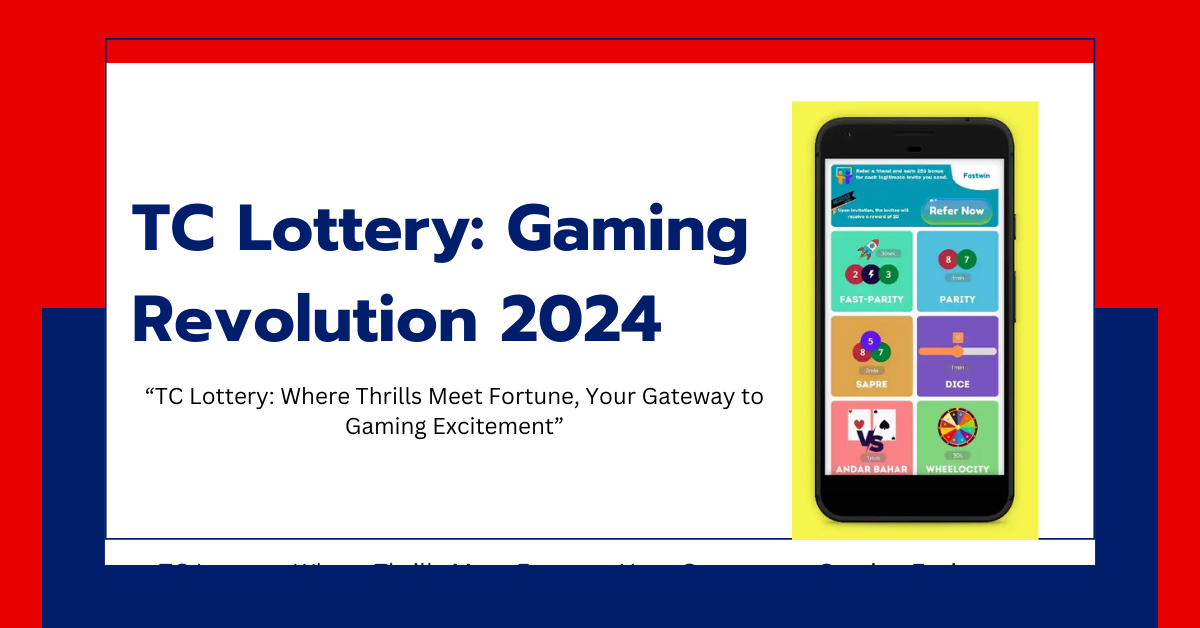
For many people around the globe, the lottery represents a tempting dream brimming with potential. With the press of a button or the buying of a slip, people invest their hopes and fantasies in a game of chance, every combination of digits symbolizing a potential escape from the mundane. The appeal of the TC Lottery, like numerous others, lies not just in the huge prizes but in the mental factors that draw so numerous into its hold.
What makes the lotto that grabs our interest? From the excitement of anticipation as the digits are drawn to the exhilaration of imagining what life could be like with newfound wealth, the very act of playing taps into deep-seated desires for wealth and happiness. This piece delves into the mental aspects behind lotto play, investigating the reasons, behaviors, and aspirations that fuel a widespread phenomenon that continues to enchant millions.
The Allure of Victory: Psychological Cues
The excitement surrounding lotteries, like the TC Lottery, fascinates numerous individuals through the promise of an amazing prize. A significant psychological factor is the idea of aspiration. Every ticket bought symbolizes a possibility to break free from the mundane realities of existence, enabling players to imagine a future blessed with affluence and liberty. This hopeful thinking fosters a sense of optimism, which can be incredibly enticing even in the face of daunting odds.
Another powerful psychological factor is the feeling of social connection. Lottery players frequently share their stories, ambitions, and sometimes strategies with friends and family. This collective enthusiasm fosters a sense of togetherness. When people talk about their lottery aspirations, they tap into shared dreams that resonate on an emotional level, making the act of playing even more rewarding. The thrill of potentially success becomes woven not just with individual aspirations but also with collective dreams of wealth.
In addition, cognitive distortions play a key role in lottery participation. The availability heuristic leads players to overestimate their chances of winning informed by vivid stories of winners they listen about. This bias can distort perception, making the allure of the TC Lottery seem more attainable and encouraging further participation. These psychological triggers contribute to the enchantment of lotteries, transforming simple ticket purchases into a powerful emotional experience that a lot of people consider irresistible.
Risk and Benefit: The Lotteries’s Behavioral Impact
The attraction of the lotteries lies in its promise of unimaginable wealth, often leading individuals to engage in the risky action of buying tickets. The excitement generated by the chance of winning can induce a surge of dopamine, a neurotransmitter linked to pleasure and reward. This physiological response can make the act of purchasing a ticket feel energizing, creating a cycle where players are pulled back to the lottery repeatedly, despite the narrow odds. The dream of a transformative jackpot can overshadow the truth of the game’s intrinsically low chances of success.
Participating in the TC Lottery encourages a sense of optimism and escapism, as players often envision their lives changing in an instant. This mental impact can lead to irrational choices, where individuals may invest more on tickets than they can afford, believing that this small investment will yield significant returns. The anticipation of a drawing creates a sense of excitement that many find compelling, highlighting the complexity of risk and benefit. Even when they know the odds are stacked, individuals may continue play, motivated by the hope of a brighter future.
Moreover, the communal aspect of lotteries play can enhance its effects. When friends or family members discuss potential winnings or purchase tickets jointly, it creates a shared experience that can boost the thrill of participation. This communal dimension not only boosts individual excitement but also reinforces the behavior, making it more probable that people will keep on to play. As the TC Lottery perpetuates the cycle of optimism and risk, it contributes to the larger conversation about prudent gambling and the psychological factors influencing players’ choices.
The Importance of Hope: Understanding Why We Participate in the Lottery
Hope serves as a significant catalyst, and for many, lottery participation represents a profound manifestation of this emotion. The alluring possibility of winning a life-changing sum ignites aspirations for wealth, adventure, and safety. With each ticket purchased, individuals briefly escape to a world where their biggest dreams may come true, creating a temporary escape from the daily grind of life. This magnetism of aspiration drives millions to purchase lottery tickets week after week, sustaining a lucrative industry built on hope for a better tomorrow.
The experience of playing the lottery is not solely about the potential for financial gain. It offers a sense of community and shared experience among players who discuss their dreams and visions of winning. This collective hope fosters connections, uniting individuals in their dreams about winning. Furthermore, the act of playing becomes an enjoyable experience, where waiting for the result infuses excitement into an otherwise mundane routine, transforming the ordinary into something extraordinary.
However, it’s essential to juxtapose this hope with the reality of the odds. While many buy tickets for fun, the persistent nature of these purchases can lead to exaggerated hopes and, at times, disillusionment. The psychology behind lottery play reveals a complex relationship with hope—where the thrill of possibility can coexist with the understanding of the low probabilities of winning. This fragile equilibrium keeps participants interested, as they chase dreams shaped by hope despite knowing the constraints of their situation.